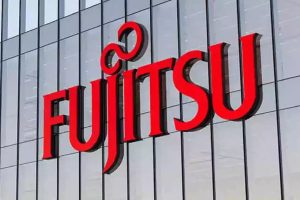Cisco has announced its intention to acquire Isovalent, a cloud-native security and networking startup, as part of its core networking and security strategy. The acquisition includes Isovalent’s contributions to open-source technology, such as eBPF, which offers developers insight into the operating system layer, and Cilium, providing visibility into cloud-native applications. Tom Gillis, SVP and GM of Cisco’s Security Business Group, emphasized the importance of software-driven solutions in the cloud world and the value of Isovalent’s platforms in providing connectivity and security inspection for applications. The acquisition is set to close in the second quarter of Cisco’s fiscal year.
Isovalent has played a crucial role in developing eBPF, an open-source technology providing developers with deep insights into operating systems, including Linux and Windows. Cilium, another open-source project by Isovalent, offers visibility into cloud-native applications, while Tetragon serves as the company’s open-source security visibility component. The combination of these technologies, which were traditionally provided by hardware appliances, has become increasingly software-driven in the cloud era.
The acquisition aligns with Cisco’s focus on strengthening its security portfolio, marking the company’s eleventh acquisition this year and the fifth related to security. Isovalent’s technologies are widely used in prominent enterprises and cloud services, including Google Kubernetes Engine, Google Anthos, and Amazon EKS Anywhere.
While Cisco’s acquisition of an open source-centric startup may raise concerns in the community and among existing users, Cisco emphasizes the importance of ensuring the continued success of open-source projects like Cilium and eBPF. The company sees their ubiquity as essential for maintaining their power as open standards, likening the situation to the success of Kubernetes, which started as a Google-created project and later became an open standard.
Cisco executives highlight the significance of collaboration and co-innovation in the security space, emphasizing the need to work together against common adversaries. The acquisition of Isovalent follows Cisco’s previous investment in the startup during its Series A and Series B funding rounds, with participation from other strategic investors, including Microsoft, Google, and Grafana Labs.
This acquisition is part of Cisco’s broader strategy to strengthen its position in the security market and is expected to close in the second quarter of the company’s fiscal year, bringing Isovalent’s technologies into Cisco’s portfolio to enhance its cloud-native security and networking capabilities.






















